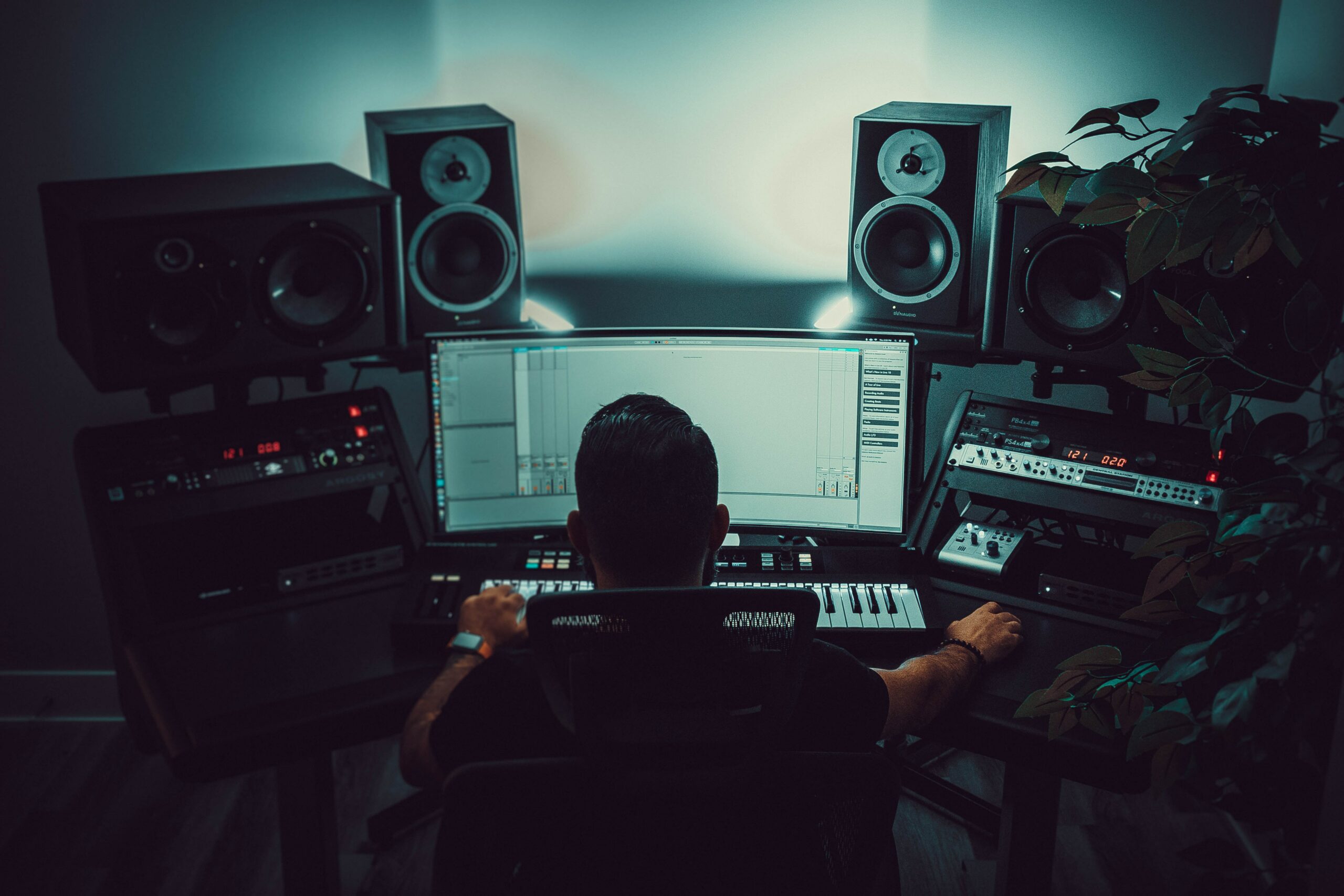House Vs. Techno: what is the difference? In the vibrant and ever-evolving realm of electronic music, two genres stand out as pioneers and pillars of the global dance music scene: House and Techno. These genres have transcended generations, crossed borders, and shaped the way we experience music in clubs, festivals, and beyond.
House and Techno share similar origins, which explains why the genres are often lumped together. Many people don’t really know the difference between them. However, they have distinct characteristics that define their unique sounds and atmospheres. Let’s embark on a journey to explore what makes these genres so captivating, and unveil what sets them apart.
House Music
House music emerged in the 1980s, predominantly in Chicago, as a fusion of disco, funk, and electronic elements. It was born in the intimate settings of underground clubs, where DJs sought to create an uplifting, soulful, and energetic vibe for the dancers. The genre owes its name to the iconic Warehouse nightclub, where the legendary DJ Frankie Knuckles pioneered the sound that would eventually become known as “House”.

Characteristics of House Music
House music is characterized by its steady 4/4 beat, often featuring prominent kick drums and hi-hats that create an infectious groove. It embraces soulful vocals, incorporating samples and hooks from R&B, gospel, and disco tracks. The melodies in House music are melodic and emotive, often conveyed through lush synthesizers and piano chords. The tempo usually ranges from 120 to 130 beats per minute, allowing for a dynamic and energetic atmosphere on the dance floor.
Subgenres within House Music
House music has evolved over the years, giving rise to various subgenres that cater to different moods and tastes. For instance, Deep House delves into deeper, more atmospheric sounds, with an emphasis on smooth basslines and intricate melodies. Tech House infuses elements of Techno, creating a fusion of the two genres with a focus on driving beats and infectious rhythms. Lastly, Progressive House takes a more melodic and epic approach, with soaring synths and build-ups that transport listeners on a musical journey.
Techno Music
Originating in Detroit during the same era, Techno music emerged as a response to the industrial landscape and social unrest of the time. Influenced by the futuristic sounds of electronic pioneers like Kraftwerk, Juan Atkins, Kevin Saunderson, and Derrick May pioneered Techno, aiming to create a genre that embodied the fusion of man and machine. The fact that it originated from House music, explains why House vs. Techno is often controversial.

Characteristics of Techno Music
Techno music is characterized by its relentless, hypnotic beats, often featuring repetitive basslines, distorted synths, and industrial-inspired sounds. It is less reliant on vocals, focusing instead on creating an immersive sonic experience that transports listeners to otherworldly realms. The tempo of Techno typically ranges from 125 to 145 beats per minute, offering a faster and more intense pace compared to House music.
Subgenres within Techno Music
Techno music has also branched out into numerous subgenres, each exploring different facets of the genre. For example, Minimal Techno embraces stripped-down, simplistic arrangements, often featuring sparse beats and subtle variations. Detroit Techno pays homage to the genre’s birthplace, incorporating melodic elements and soulful undertones. Acid Techno incorporates squelching and resonant sounds generated by the Roland TB-303 synthesizer, creating a distinct and hypnotic vibe.

Distinctions between House vs. Techno
While House and Techno music share a common root in electronic music, there are distinctive elements that set them apart. House music, with its soulful vocals, uplifting melodies, and groovy rhythms, often creates a more accessible and melodic experience. On the other hand, Techno music embraces a darker, more industrial soundscape, with its relentless beats and futuristic sounds. Often (but not in all cases of course) Techno tends to have a higher BPM and more of a ‘harder’ and heavier beat.
There is another simplistic and rather humorous explanation for the difference between House and Techno. And this is how the sound of the beat is often described in conversations between people. House music typically has a snare/clap beat, which sounds like a “boots, cats, boots, cats” rhythm to some listeners. Techno music, on the other hand, is commonly found to have a beat sounding more like “doof, doof, doof, doof”. Test it next time you are listening to electronic music. Once you hear it, you simply can’t unhear it!
What are your views on House vs. Techno?
Shoot us an email with your remarks, recommendations, or questions anytime.
